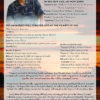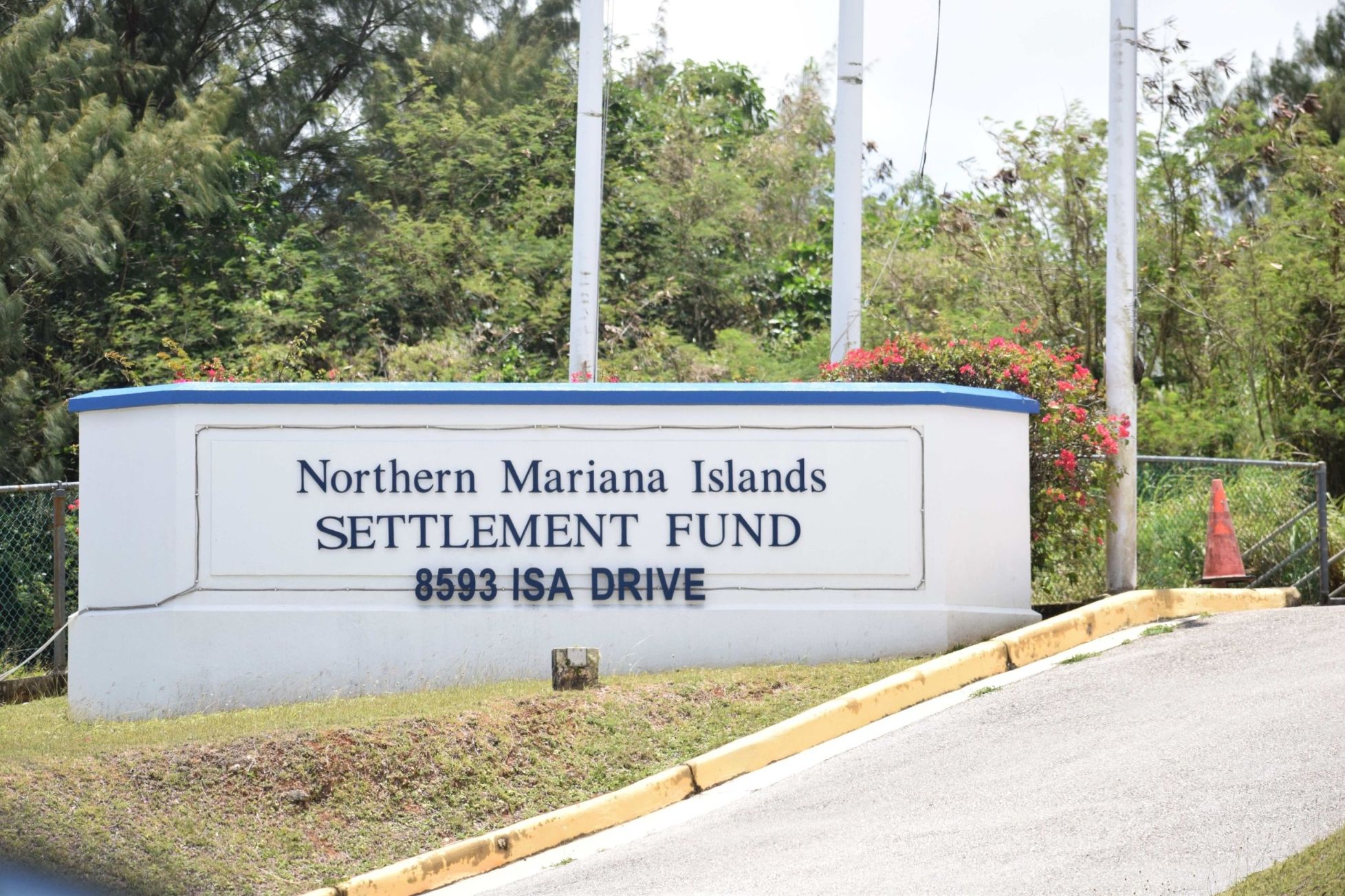KOROR (Palau Horizon) — Palau is preparing a plan that will integrate traditional and alternative medicines into the health care system, according to Bureau of Public Health’s Dr. Caleb Otto.
This is in line with the World Health Organization’s global plan that addresses issues on traditional and alternative medicines.
The WHO strategy provides a framework for countries that want to regulate traditional and complementary/alternative medicine and to make its use safer and more accessible to their populations.
Otto said research and collection of data will be undertaken so that traditional or alternative and modern medicines can work on an equal basis.
Palau has already taken the initiative to raise awareness on the existence of traditional medicine, Otto said.
He said the plan includes opening the lines of communications between doctors and traditional healers.
He said the data or research that will be collected will form the basis of the regulations on the use of traditional medicine.
Otto noted that there are a lot of traditional healers in Palau.
The goal of the WHO plan, he said, is to determine a systematic way of using traditional medicine.
The role of Public Health is to ensure that modern and traditional medicines are both made available to patients.
According to a statement from WHO, several developed countries are making use of traditional medicine.
“Traditional or complementary medicine is a victim of both uncritical enthusiasts and uninformed skeptics,” said Dr. Yasuhiro Suzuki, WHO executive director for health technology and pharmaceuticals.
“(WHO’s) strategy is intended to tap into its real potential for people’s health and well-being, while minimizing the risks of unproven or misused remedies,” Suzuki said.
“About 80 percent of the people in Africa use traditional medicine. It is for the this reason that we must act quickly to evaluate its safety, efficacy, quality and standardization to protect our heritage and to preserve our traditional knowledge. We must also institutionalize and integrate it into our national health systems,” said Ebrahim Samba, WHO’s regional director for Africa.
In developed countries, a growing numbers of patients rely on alternative medicine for preventive or palliative care.
In France, 75 percent of the population have used complementary medicine at least once. In Germany, 77 percent of pain clinics provide acupuncture. In the United Kingdom, expenditure on complementary or alternative medicine stands at $230 million a year.
In Belgium, however, at least 70 people required renal transplant or dialysis for interstitial fibrosis of the kidney after taking the wrong herb from the Aristolochiaceae family as a dietary aid.
The use of traditional medicine remains widespread in developing countries. It is commonly used for conditions ranging from simple aches and pains to malaria and HIV/AIDS.
Policymakers, health professionals and the public are wrestling with numerous related policy and technical questions particularly focused on safety, efficacy and good quality of products as well as good traditional medicine practice, the WHO statement said.










